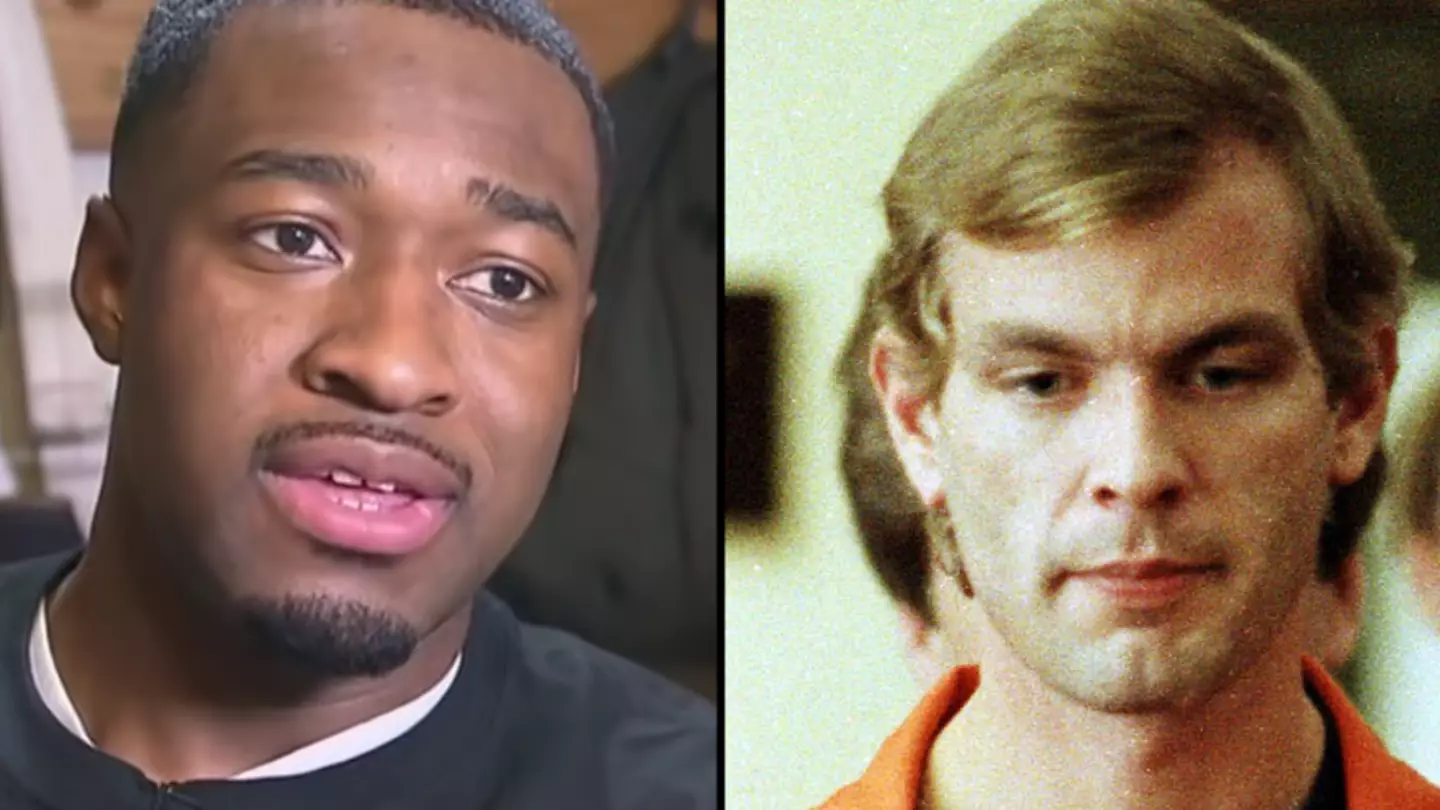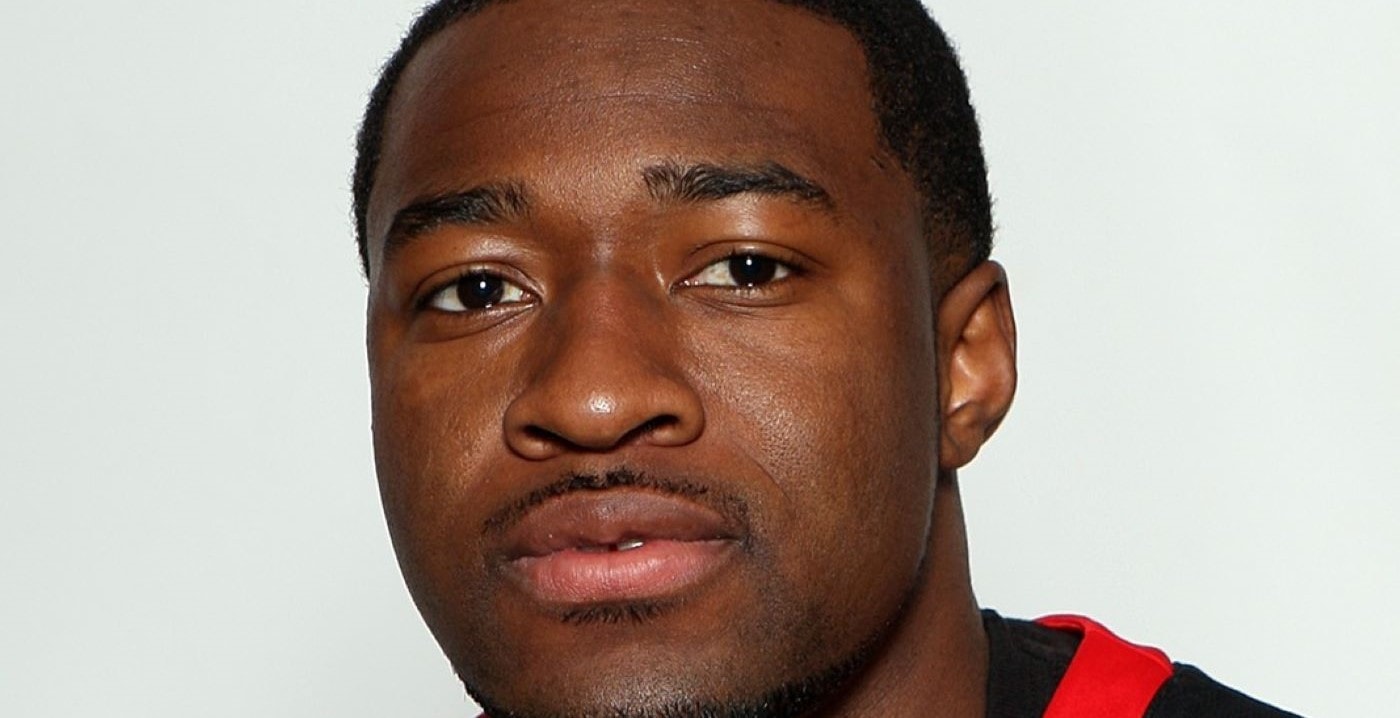Unveiling The Scarver Story: Who Killed Jeffrey Dahmer & Why?
Can a single act define a life, or do the ripples of its impact extend far beyond the event itself? Christopher Scarver's name is indelibly linked to the brutal death of Jeffrey Dahmer, but the narrative of his life is far more complex, encompassing a story of violence, redemption, and the enduring consequences of choices made in the shadows of the prison system.
In the autumn of 1994, at the Columbia Correctional Institution in Wisconsin, Christopher Scarver, a fellow inmate, brought an end to the life of the notorious serial killer Jeffrey Dahmer. This act, carried out with a metal bar, was not just the culmination of Dahmer's horrific crimes; it was also a stark reflection of the brutal realities within the prison walls. The event has been the subject of countless articles, documentaries, and now, a renewed focus as Scarver himself begins to speak about the circumstances leading up to that fateful day.
| Full Name | Christopher J. Scarver |
| Date of Birth | July 6, 1969 |
| Place of Birth | Milwaukee, Wisconsin |
| Education | James Madison High School (dropout); carpenter trainee via Youth Conservation Corps program. |
| Known For | Murder of Jeffrey Dahmer and Jesse Anderson at Columbia Correctional Institution. |
| Initial Crime | Murder of Steven Lohman (1992) |
| Current Status | Incarcerated. |
Reference: Google Search
Christopher Scarver's life began in Milwaukee, Wisconsin, on July 6, 1969. Before the notoriety that would define him, he was a young man who, after dropping out of high school, sought opportunity through the Youth Conservation Corps program, training as a carpenter. However, the path he walked took a dark turn, leading him to a life sentence for the 1992 murder of Steven Lohman. This act of violence landed him at the Columbia Correctional Institution, a place where he would eventually cross paths with Jeffrey Dahmer.
Dahmer, who was serving sixteen life sentences for the murder and rape of numerous victims, was himself a figure of immense notoriety. His crimes, marked by gruesome details and a complete disregard for human life, had horrified the nation. In the confines of prison, Scarver found himself face-to-face with a man whose deeds had captured the publics attention, creating a volatile environment that would ultimately lead to tragedy.
The accounts of what transpired in those final moments vary, but the outcome is irrefutable. On November 28, 1994, Scarver attacked Dahmer and another inmate, Jesse Anderson, with a metal bar. Dahmer was killed, while Anderson also succumbed to his injuries. Scarver later explained that he acted in part because of Dahmer's taunting behavior, which included creating disturbing figures from prison food. Moreover, he was driven by what he believed to be Andersons racist attitudes.
Scarver's actions, while violent and undeniably criminal, have also opened up a wider discussion on issues of mental health, the brutal conditions within the prison system, and the complexities of justice. His story is not simply one of a killer; it's also a window into the realities of incarceration and the psychological impact it can have on both inmates and those around them.
The aftermath of the events at Columbia Correctional Institution rippled beyond the prison walls. The death of Dahmer was a significant event in its own right, but it also triggered renewed discussions about the nature of justice, the treatment of prisoners, and the lasting impact of violent crime on society. It brought into question the ethics of those who celebrated Dahmer's death while ignoring the sanctity of life.
Scarver's son, Chris Scarver Jr., offers a unique perspective on his fathers actions. In a 2014 interview with CNN, Chris Jr. described how he, as a young man, began to "go down the wrong road" and turned to his father for guidance. This interaction, and the advice Scarver Sr. provided from prison, underscores the enduring impact a parent can have, even from behind bars.
Furthermore, the story of Christopher Scarver Jr. provides a counterpoint to the narrative of his father's actions. He has dedicated himself to overcoming the legacy of his fathers crimes, pursuing higher education and establishing the Scarver Foundation in 2020. The foundation works to empower underprivileged youth, providing them with resources and opportunities to break free from cycles of poverty and crime.
Beyond his personal journey, Scarver's story raises important questions about the nature of punishment, the possibilities of rehabilitation, and the complex psychological landscape of those who commit violent acts. It forces us to consider how society deals with individuals who commit heinous crimes, and whether there is room for empathy, understanding, and even, in some cases, the potential for change.
The case is far from closed. Rumors persist that Scarver Sr. is seeking to publish a book detailing his experiences, which promises to offer even deeper insights into the events that took place at the Columbia Correctional Institution. These developments highlight the enduring fascination and the ongoing quest to understand the complexities of human behavior, justice, and the lasting impact of violence.
The motivations behind his actions continue to be explored. He has stated that he acted in part to bring an end to Dahmer's horrific legacy, a legacy marked by the brutal murder and sexual assault of numerous young men. However, the killing of Anderson adds another layer of complexity to the narrative, suggesting that Scarver was also driven by other factors, including perceived racial biases.
The repercussions of Scarver's actions extended beyond the immediate loss of life. The incident became a focal point for discussions about prison conditions, the treatment of inmates, and the broader impact of violent crime on society. It prompted investigations, reviews of security protocols, and a renewed focus on the mental health of incarcerated individuals.
For Christopher Scarver Jr., the legacy of his father's actions is a constant presence. He has worked to forge his own path, away from the shadow of his fathers crimes. His pursuit of education, his engagement with the Scarver Foundation, and his efforts to maintain a relationship with his incarcerated father all speak to his determination to define his own identity and impact on the world.
The story of Christopher Scarver remains a compelling and complex one. It is a narrative that continues to unfold, demanding further scrutiny of the intertwined themes of crime, punishment, the human condition, and the enduring quest for justice.
In essence, the tale of Christopher Scarver and the events surrounding the death of Jeffrey Dahmer serves as a poignant reminder of the multifaceted nature of good and evil, the consequences of violence, and the enduring search for meaning in a world often defined by its darkness. The legacy of this event is a testament to the capacity of humans to cause destruction and their equally profound capacity to grapple with its repercussions.


